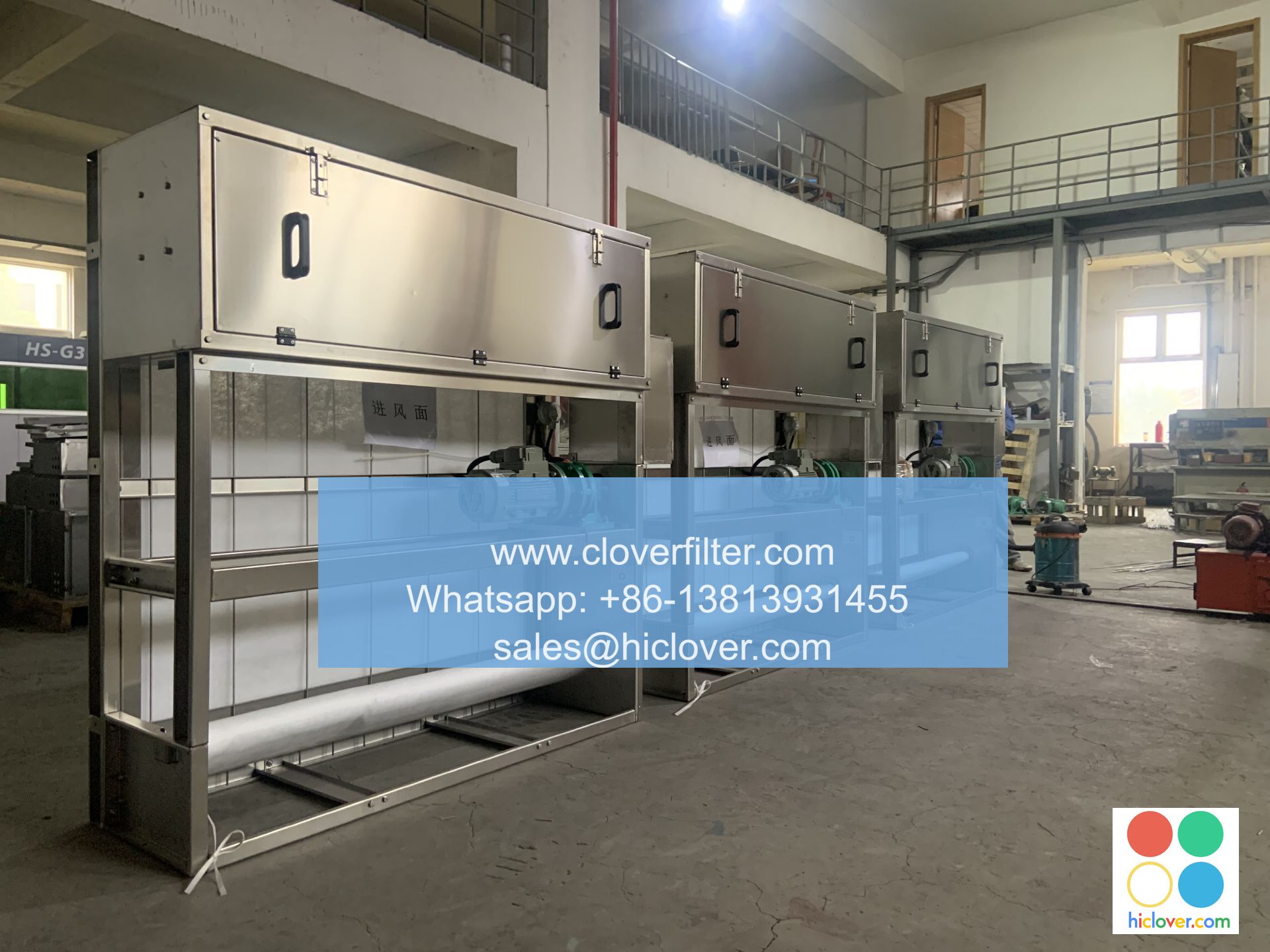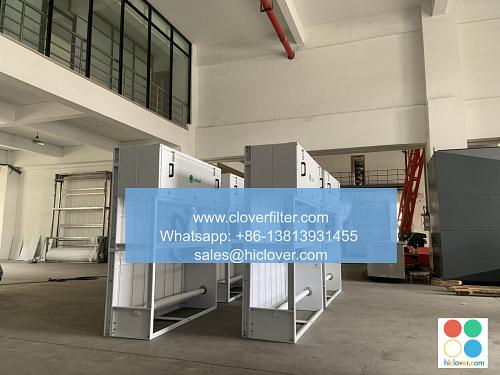The Role of Air Filters in Reducing Respiratory Issues in Hospitals

Air pollution is a significant concern in hospitals, and one of the most effective ways to mitigate its impact is by using high-quality HEPA air filters. These filters play a crucial role in reducing respiratory issues and promoting a healthy environment for patients, visitors, and healthcare workers. In this article, we will explore the importance of air filters in hospitals and their various application areas.
Importance of Air Filtration in Hospitals
Hospitals are prone to airborne contaminants such as bacteria, viruses, and fungi, which can exacerbate respiratory problems like asthma and chronic obstructive pulmonary disease (COPD). Moreover, hospitals often have a high density of people, which increases the risk of airborne transmission of diseases. Effective air filtration systems can help reduce the concentration of airborne contaminants, creating a safer environment for everyone.
Types of Air Filters Used in Hospitals
There are several types of air filters used in hospitals, including:
* HEPA (High Efficiency Particulate Air) filters: These filters are capable of capturing 99.97% of particles as small as 0.3 microns, making them highly effective against airborne pathogens.
* ULPA (Ultra Low Penetration Air) filters: These filters have an even higher efficiency than HEPA filters, capturing 99.99% of particles as small as 0.1 microns.
* Activated carbon filters: These filters are designed to capture gases and odors, providing an additional layer of protection against indoor air pollution.
Application Areas of Air Filters in Hospitals
Air filters have various application areas in hospitals, including:
* Operating rooms: Air filters are used to maintain a sterile environment and prevent surgical site infections.
* Patient rooms: Air filters help reduce the risk of hospital-acquired infections and promote a healthy environment for patients.
* Intensive care units (ICUs): Air filters are critical in ICUs, where patients are more susceptible to respiratory infections.
* Isolation rooms: Air filters are used to prevent the spread of airborne diseases and maintain a safe environment for patients and healthcare workers.
Benefits of Air Filters in Reducing Respiratory Issues
The use of air filters in hospitals has several benefits, including:
* Reduced risk of respiratory infections: Air filters can help reduce the concentration of airborne contaminants, lowering the risk of respiratory infections.
* Improved indoor air quality: Air filters can help remove particulate matter, gases, and odors from the air, promoting a healthier environment.
* Increased patient safety: Air filters can help prevent hospital-acquired infections and promote a safe environment for patients.
* Reduced healthcare costs: By reducing the risk of respiratory infections, air filters can help lower healthcare costs associated with respiratory diseases.
Conclusion
In conclusion, air filters play a vital role in reducing respiratory issues in hospitals. By using high-quality HEPA air filters and other types of air filters, hospitals can promote a healthy environment for patients, visitors, and healthcare workers. The various application areas of air filters in hospitals, including operating rooms, patient rooms, ICUs, and isolation rooms, highlight the importance of air filtration in maintaining a safe and healthy environment. By investing in effective air filtration systems, hospitals can reduce the risk of respiratory infections and promote a healthier environment for everyone. It seems like you haven’t asked a question or provided any context. Could you please provide more information or clarify what you would like to know or discuss? I’ll do my best to provide a helpful and direct response. What’s on your mind?

